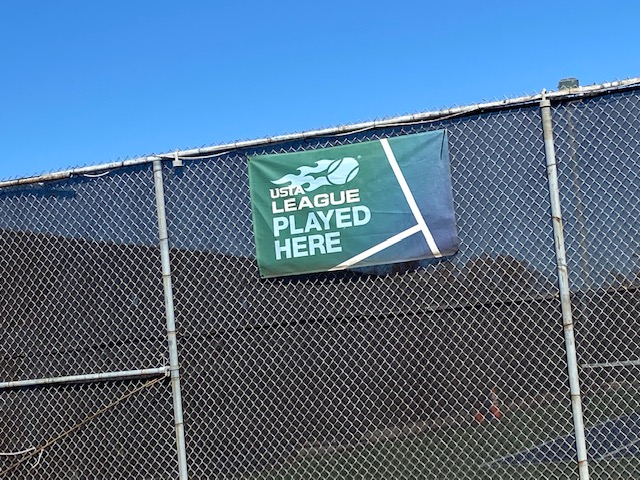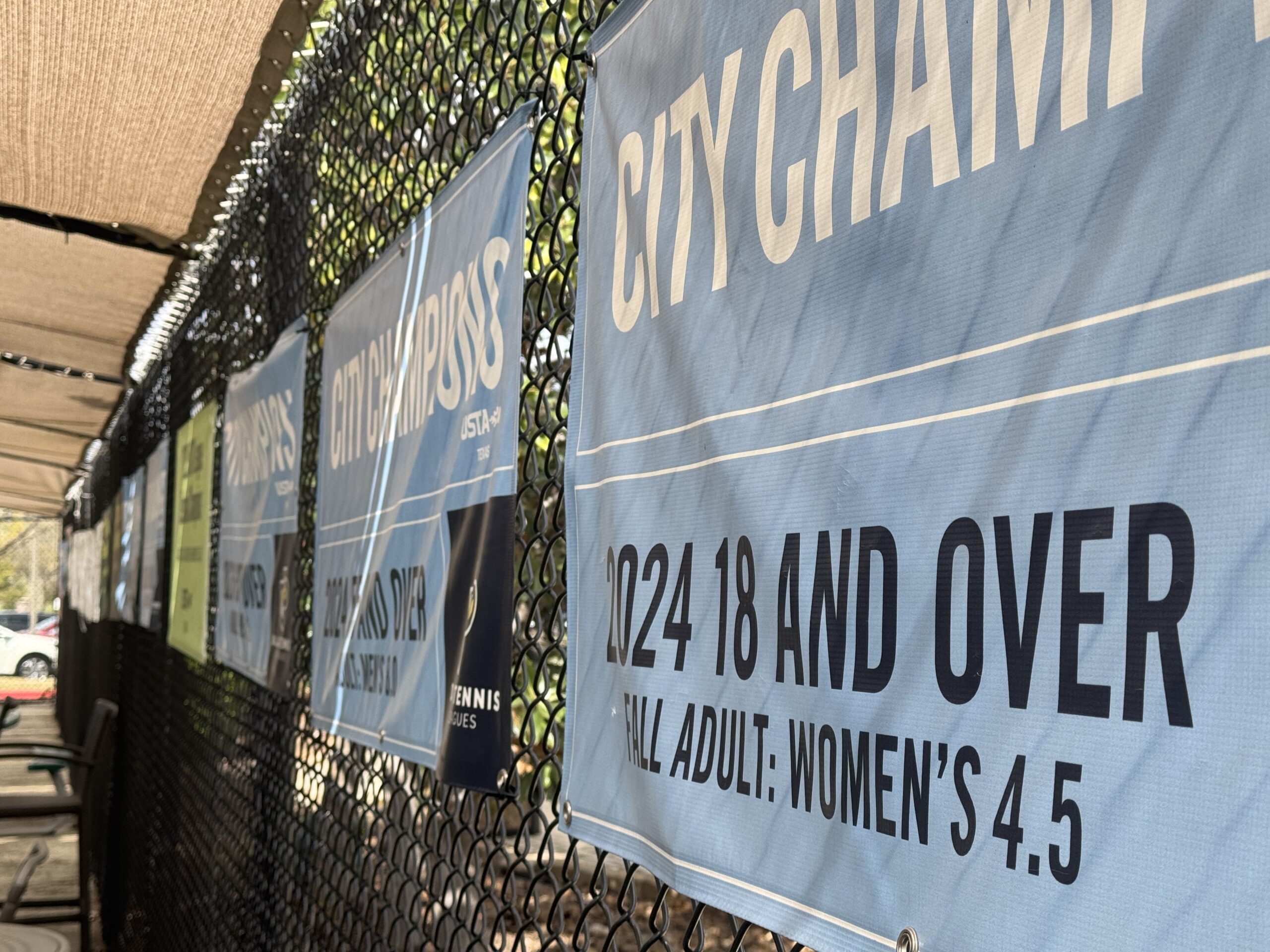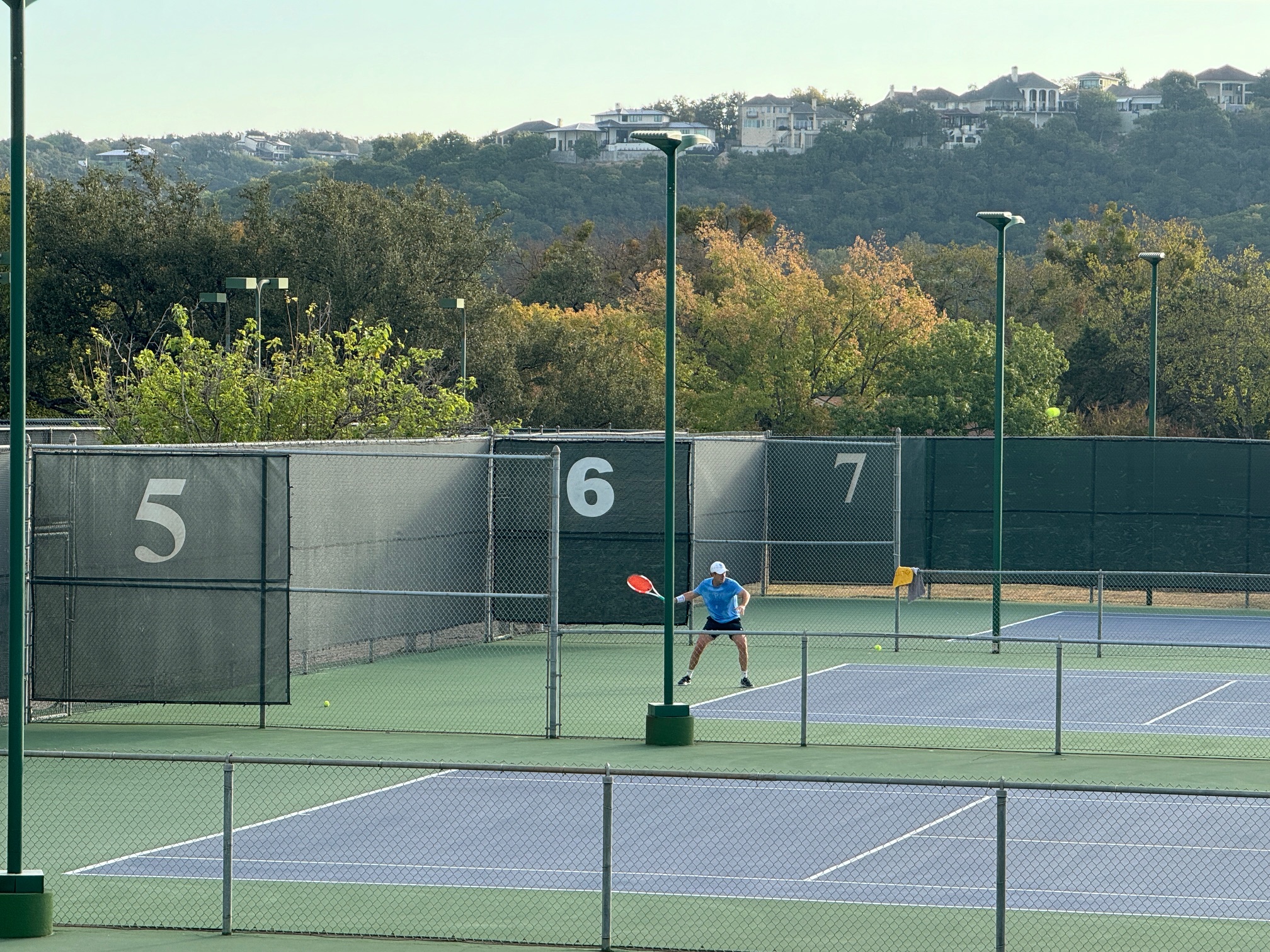As I have progressed through this project I have encountered rules and ITF Case Decisions that seem pretty straight forward at first glance. Sometimes as I start exploring such rules, complexity emerges that was not immediately apparent to me. Today’s ITF Case Decision is one of those instances.
Case 3: A ball in play hits a bird flying over the court. Is this a hindrance?
Decision: Yes, the point shall be replayed.
USTA Friend at Court, ITF Rules of Tennis, Section 26
This Case Decision is oddly specific and narrow. First the inclusion of the word “flying” in the case question. Sometimes birds actually land on the court. Presumably, if the ball were to hid a bird that was standing on the court, then it would also be a hindrance. It would be a fairly inane argument for a player or official to claim otherwise.
Certainly other wildlife can come into play. Squirrels are very common intruders on some of the courts in my local area. I have personally witnessed rabbits, chipmunks, skunks, and deer physically on the court. To be fair, in some of those cases probably a point would not have been started. You will never find me on a court that is occupied by a skunk.
A bat once notably delayed a point at the 2016 Mutua Madrid Open. In that case, the ball did not contact the bat, but it is conceivable that it could have had the point been started.
I am not sure that hindrance has to be wildlife at all. If a ball were to strike another ball from an adjacent court, that would be hindrance. I am not sure that the word “flying” is a restriction in this case either, though it is probably more likely that it would be a hindrance call if a ball collision occurred in the air. Otherwise a “let” call might precede the hindrance event.
Contact with the ball is not required for hindrance. A player could collide with wildlife or be impeded by a potential collision. I would grant hindrance in either of those cases and replay the point. In modern times, I would probably also whip out my phone to alert social media. (Which would actually be a rules violation, but that is a future topic.)
Hindrance can lead to a sad demise when wildlife is involved. The following clip illustrates that point.
Hindrance is serious business ya’ll.
- United States Tennis Association (2020) Friend at Court. White Plains, NY



